Estate planning and distribution of investments. What could go wrong? Here’s a story of a father who aimed to divide his estate equally between his sons.
Bernard, a widower, sold his home and settled into a comfortable rental townhome at a new retirement village. Once he’d invested the equity from his primary residence, his non-registered investment portfolio was about equal to his RRIF balance. Because a RRIF with a named beneficiary doesn’t pass through probate, Bernard opted to name a beneficiary to save on probate fees. He named his eldest son, Stephen as beneficiary, and to offset that bequest, named his other son, Jeremy, as the heir to his estate, which consisted solely of the non-registered investment portfolio. Even Steven! Or so he thought.
When Bernard passed away, it was time to settle up with the CRA. Jeremy was pleased to learn that there’d be very little income tax associated with the non-registered investment portfolio because there’d been almost no investment growth. But Bernard’s RRIF was fully taxable! Jeremy had to tell his brother, “Our inheritances aren’t so even, Stephen”. Since Stephen was named beneficiary of the RRIF, it was payable to him, in full, by the bank. But its tax liability was the responsibility of Bernard’s estate and had to be paid from the non-registered portfolio willed to Jeremy. The match wasn’t even close.
Fortunately for these two brothers, their relationship was rock solid, and they were keen to see their dad’s estate divided equally between them. They knew this was their father’s wish, because they’d had a family huddle to discuss it and their dad had also documented his intentions. Stephen and Jeremy split the tax bill equally from the proceeds of their inheritances. Even Steven!
Consider this…
- While naming a beneficiary (other than the estate) on certain financial instruments means they won’t be subject to probate fees, any tax payable on death is the responsibility of the estate unless the spouse is the beneficiary, then there is no tax liability.
- When planning, consider the after-tax value of your assets, or account for taxation in your planning.
- If the heirs of the estate are receiving equal portions, naming them equally as beneficiaries on the financial instrument keeps things even-steven.
To learn more about this topic, read our previous posts: Protecting Your Estate (thelinkbetween.ca), Death, Taxes and Probate Fees (thelinkbetween.ca), Beneficiary Designations and the Importance of Transparency (thelinkbetween.ca), Beneficiary Designations – Making Sure Your Money Goes Where You Want (thelinkbetween.ca) and watch our short video: SMART TALK... about will planning and drafting (thelinkbetween.ca).
Source: Charts are sourced to https://www.thelinkbetween.ca/
The contents of this publication were researched, written and produced by The Link Between (https://www.thelinkbetween.ca/) and are used by Echelon Wealth Partners Inc. for information purposes only.
Disclaimers
Echelon Wealth Partners Inc.
The opinions expressed in this report are the opinions of the author and readers should not assume they reflect the opinions or recommendations of Echelon Wealth Partners Inc. or its affiliates. Assumptions, opinions and estimates constitute the author's judgment as of the date of this material and are subject to change without notice. We do not warrant the completeness or accuracy of this material, and it should not be relied upon as such. Before acting on any recommendation, you should consider whether it is suitable for your particular circumstances and, if necessary, seek professional advice. Past performance is not indicative of future results. The comments contained herein are general in nature and are not intended to be, nor should be construed to be, legal or tax advice to any particular individual. Accordingly, individuals should consult their own legal or tax advisors for advice with respect to the tax consequences to them.




